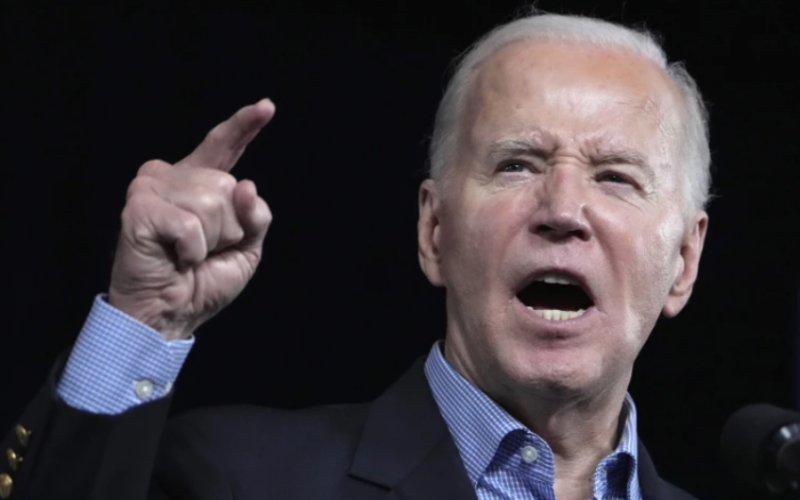A leading figure within the Democratic Party has voiced criticism against President Joe Biden’s close relationship with Israeli Prime Minister Benjamin Netanyahu, characterizing it as a strategic error with significant implications for US foreign policy in the Middle East. The remarks highlight growing divisions within the Democratic Party over its approach to the Israeli-Palestinian conflict and underscore the challenges facing the Biden administration in navigating this complex geopolitical landscape.
The critique of Biden’s “bear-hugging” of Netanyahu comes amidst escalating tensions in the region, sparked by the recent outbreak of violence between Israel and Hamas, the militant group that controls the Gaza Strip. The conflict, which resulted in significant civilian casualties and widespread destruction, reignited debate over US support for Israel and the efficacy of diplomatic efforts to achieve lasting peace in the region.
The prominent Democrat’s remarks reflect broader concerns within the party over the perceived imbalance in US policy towards Israel and the Palestinians. While the United States has historically maintained a close alliance with Israel, providing significant military and economic support, there is growing pressure from progressive lawmakers and activists to reassess this relationship and advocate for a more even-handed approach that takes into account the rights and aspirations of the Palestinian people.
Critics of Biden’s cozy relationship with Netanyahu argue that it undermines US credibility as a mediator and impartial broker in the Israeli-Palestinian conflict. By aligning closely with the Israeli government, the Biden administration risks alienating key Arab allies and undercutting efforts to advance peace negotiations and achieve a two-state solution.
Moreover, the critique of Biden’s approach to Netanyahu highlights broader concerns about the influence of domestic politics and special interest groups on US foreign policy in the Middle East. Pro-Israel lobbying organizations wield significant influence in Washington, shaping public discourse and policy decisions related to Israel and the Palestinians. Critics argue that this influence has led to a disproportionate focus on Israeli security concerns at the expense of Palestinian rights and aspirations.
The Biden administration’s response to the recent outbreak of violence in Israel and the Palestinian territories has also come under scrutiny, with some Democrats accusing the president of failing to adequately condemn Israeli actions and address the root causes of the conflict. While Biden expressed support for Israel’s right to defend itself against rocket attacks from Hamas, he faced criticism for not doing enough to pressure Israel to exercise restraint and avoid civilian casualties.
The criticism of Biden’s “bear-hugging” of Netanyahu underscores the complexities and challenges inherent in US policy towards Israel and the Middle East. While the United States remains a staunch ally of Israel, there is growing recognition within the Democratic Party of the need to reassess this relationship and adopt a more balanced and nuanced approach that promotes peace, justice, and human rights for all parties involved.
In conclusion, the critique of Biden’s close ties with Netanyahu as a strategic mistake reflects broader divisions within the Democratic Party over US policy towards Israel and the Palestinian territories. As the Biden administration seeks to navigate the complexities of the Israeli-Palestinian conflict, it faces pressure from within the party to adopt a more even-handed approach that prioritizes diplomacy, human rights, and a just resolution to the longstanding grievances of both Israelis and Palestinians.








